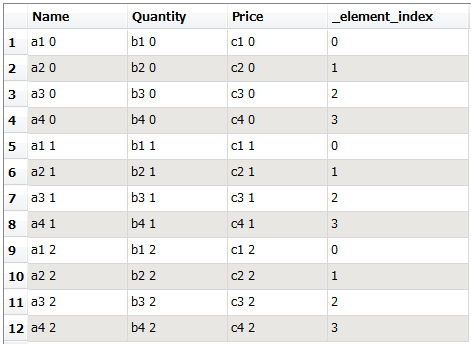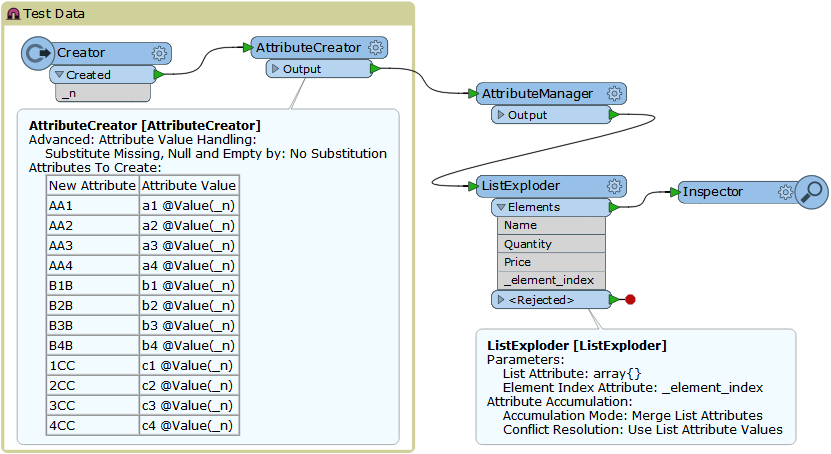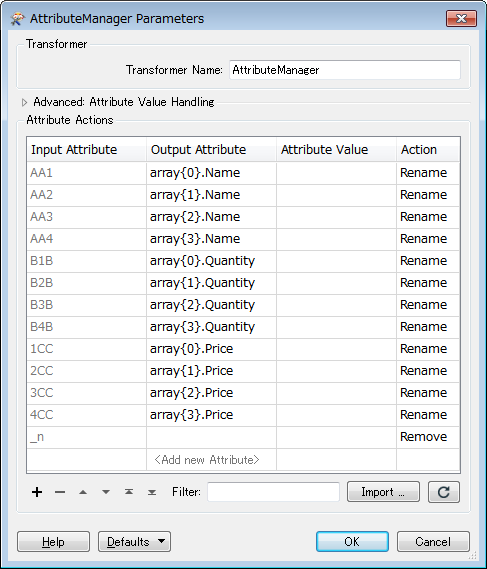I have a spreadsheet with three sets of seven fields that need to be merged into three and make sure that the values from the other fields match up. For example, I have 7 ID Fields that have 7 Quantity fields and 7 Price Fields. These need to all merged into one ID field and one price field and one quantity field. I am not sure how to go about it other than copying and psting all the values into one field in excel. Any suggestion would be great. Thanks
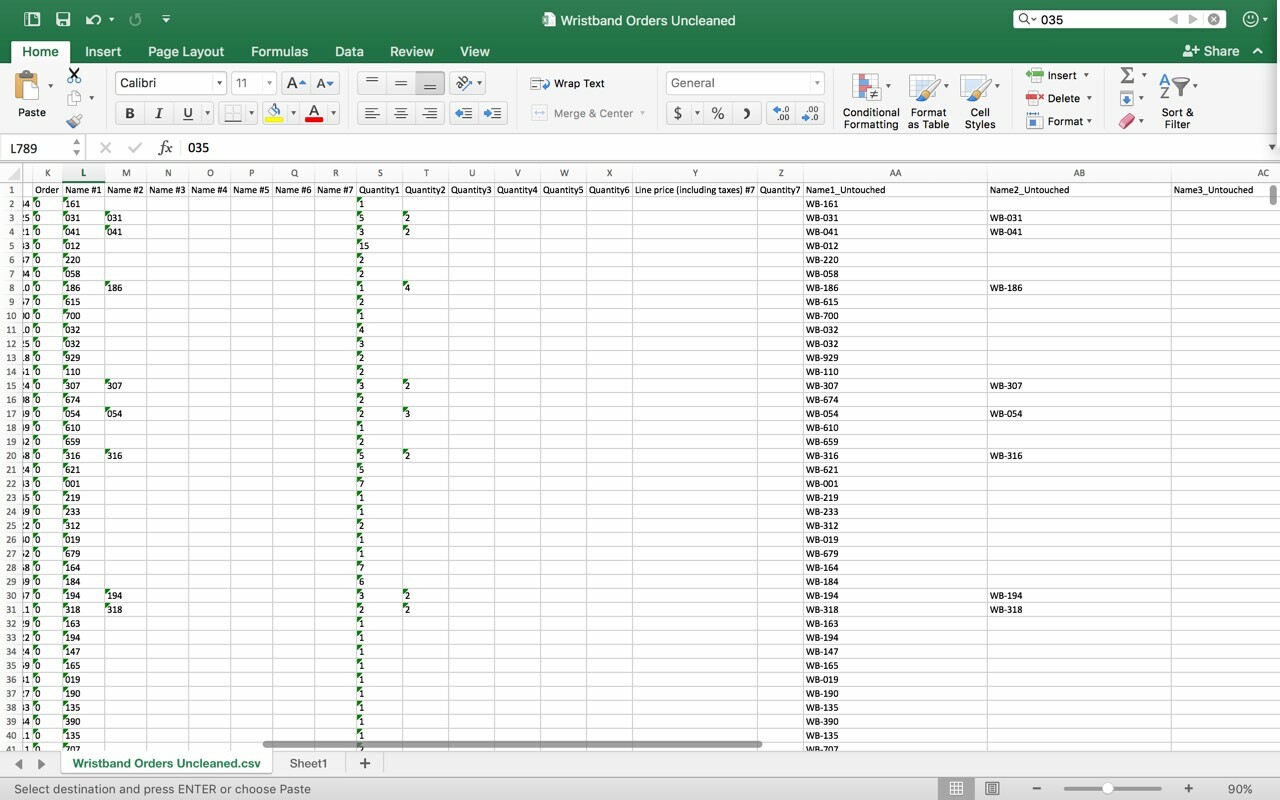











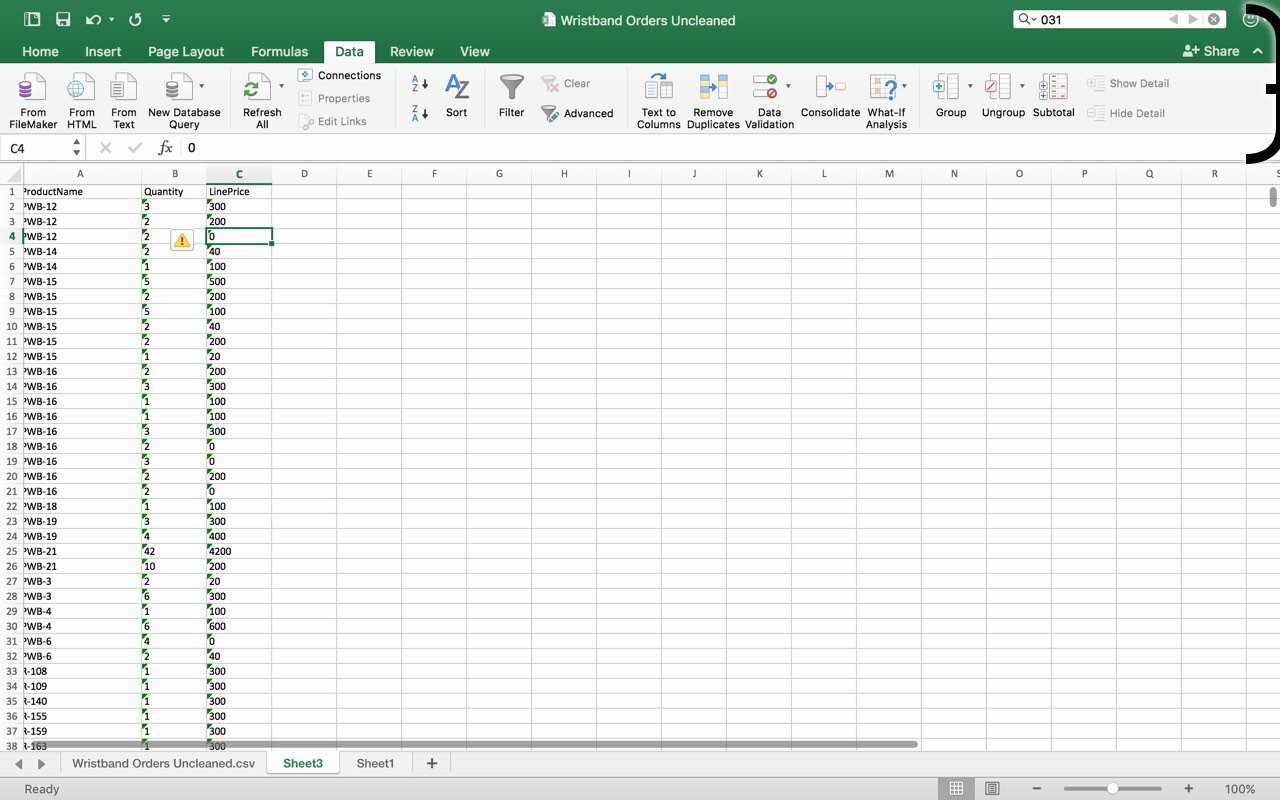
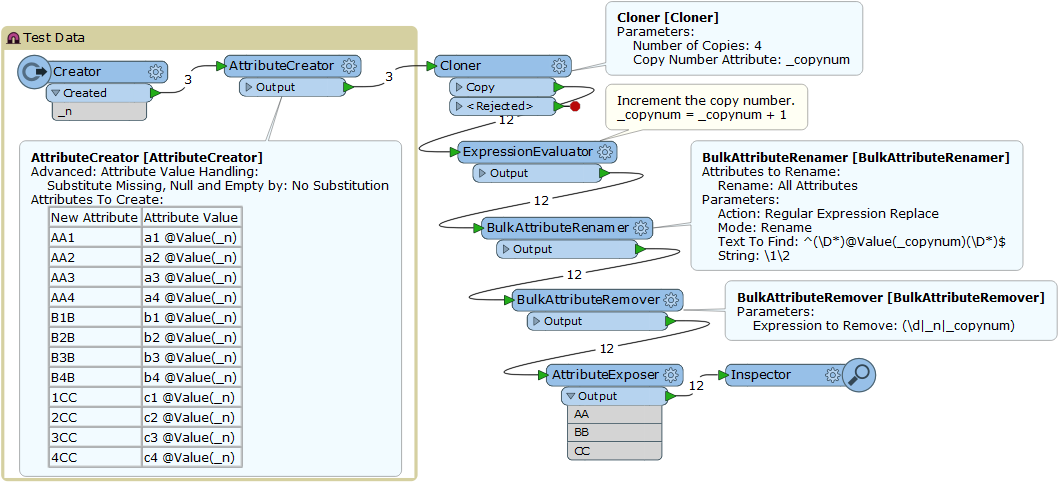
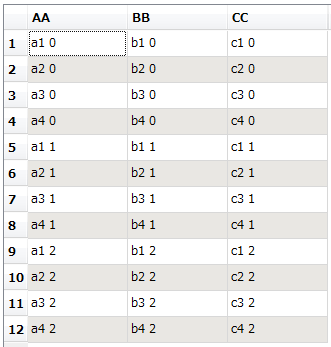
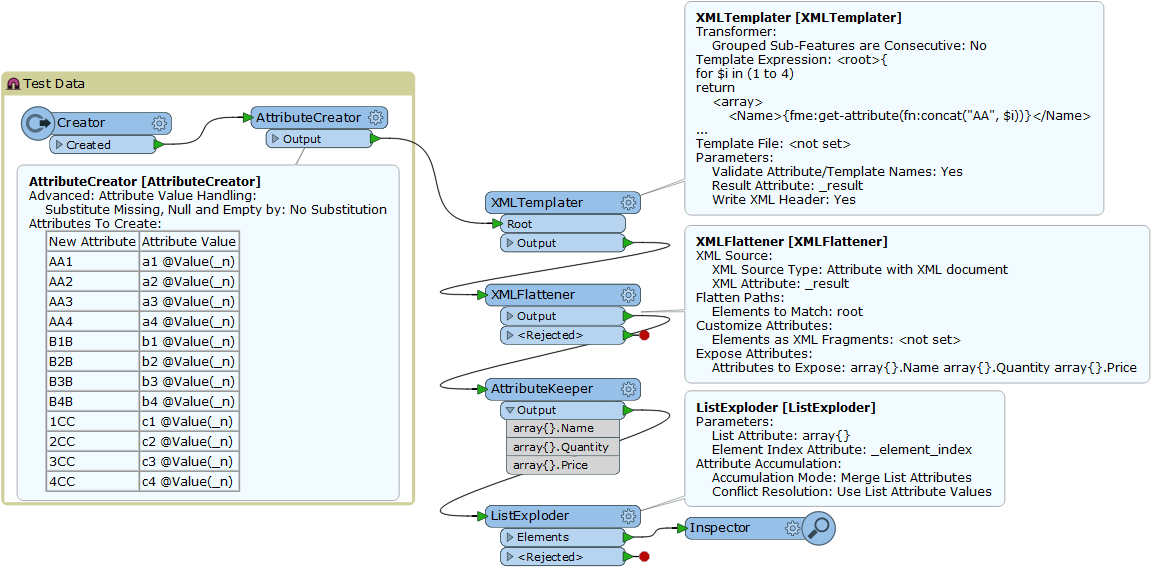 XMLTemplater Expression:
XMLTemplater Expression: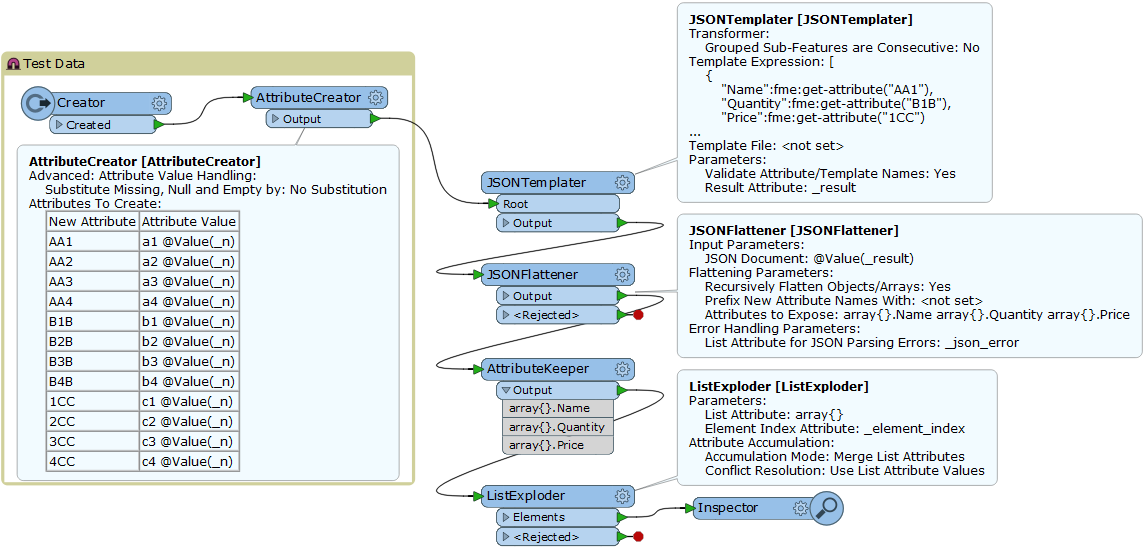 JSONTemplater Expression:
JSONTemplater Expression: